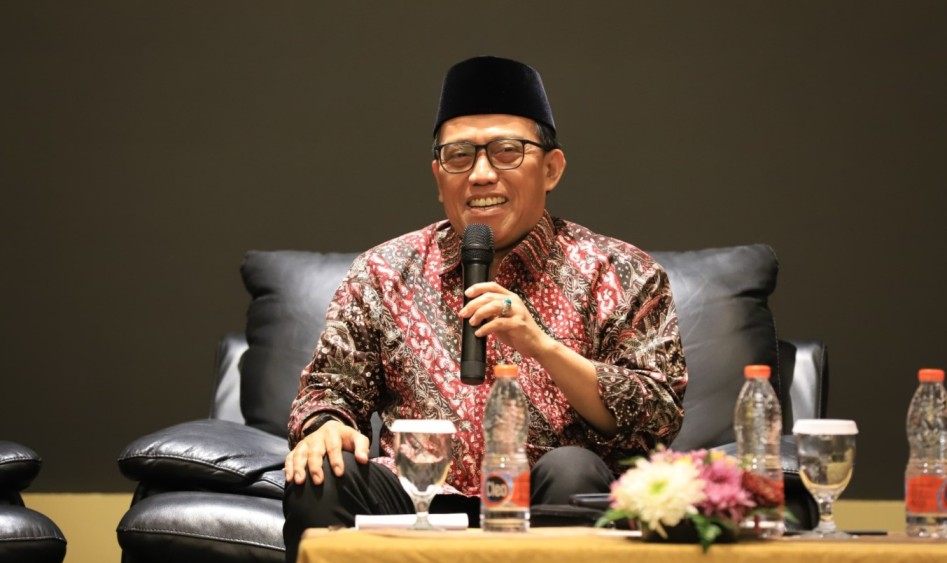Indonesia’s second home visa policy allows foreigners to stay 10 years

Indonesia’s second home visa is aimed for foreigners or ex-Indonesian citizens who want to stay in the country and contribute positively to the national economy, for five or 10 years.
Jakarta (Indonesia Window) – The Directorate General of Immigration at Indonesia’s Ministry of Law and Human Rights has officially launched the second home visa.
Details on the second home visa policy are stated in the circular number IMI-0740.GR.01.01 of 2022 concerning the Granting of a Second Home Visa and Temporary Stay Permit issued on Tuesday, Oct. 25, 2022.
“Before the implementation of the G20 Summit, today (Tuesday) we officially launched the second home visa. The goal is to attract foreign tourists to come to Bali and other destinations,” acting Director General of Immigration Widodo Ekatjahjana said at the launch of the second home visa in Bali on Tuesday (Oct. 25).
The subjects of the second home visa are foreigners or ex-Indonesian citizens who want to stay and contribute positively to the economy sectors of Indonesia. With this visa, foreigners can stay for five or ten years, and are allowed to conduct various works, such as investment and other activities.
Foreigners can conveniently apply for a second home visa via a website-based application: visa-online.imigrasi.go.id. The required documents are as follows:
- Copy of passport that is valid for a minimum of 36 (thirty-six) months.
- Proof of funds in foreigners’ or sponsors’ bank account (must be placed in Indonesian state-owned banks) of at least 2,000,000,000 rupiahs (some 128,443 U.S. dollars) or equivalent.
- Recent color photograph (4 cm x 6 cm) with a white background.
- Curriculum vitae.
The non-tax state revenue rate for the second-home visa is 3,000,000 rupiahs (about 192.67 dollars) according to the Minister of Finance Regulation Number 2 of 2022. The payment for a second home visa can be made outside the territory of Indonesia through the non-tax state revenue payment portal.
Widodo pointed out that this policy would come into effect 60 days after the circular letter was issued.
“This immigration policy is one of the non-fiscal incentives that would stimulate foreigners to stay in Indonesia and contribute positively to the country’s economy amidst dynamic global economic conditions,” he said.
Reporting by Indonesia Window

.jpg)








